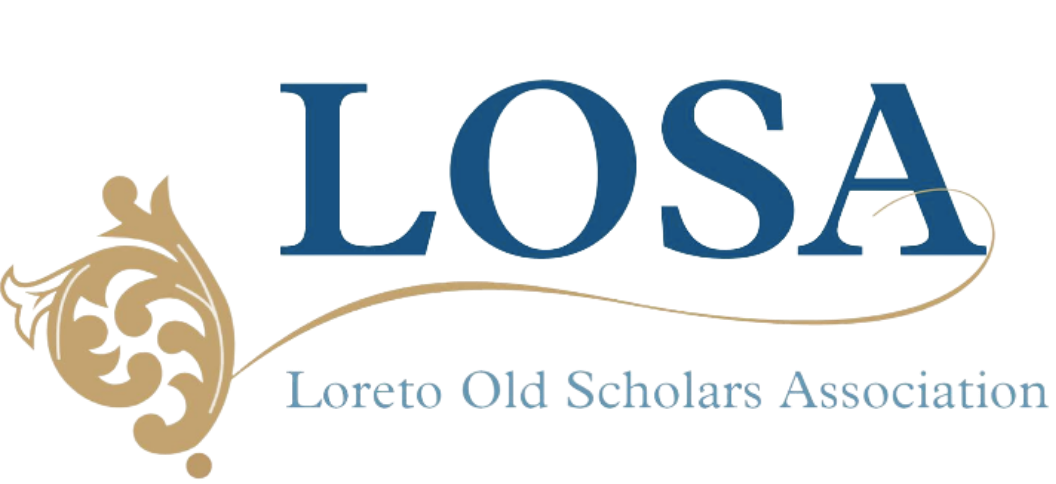Catherine Cocciolone (nee Nichols)
Catherine Cocciolone (‘77) reflects on her transformative education at Loreto College, where she learned the power of persistence and the importance of women’s contributions in science, ultimately paving the way for her own success and the mentorship of future generations in a male-dominated field.
Catherine in her own words:
“Growing up in in the tail end of a large traditional Catholic family with five older brothers, attending the all-female Loreto College was a revelation. It gave me an understanding that women can do all that men can and possibly more. It also gave me the confidence to pursue further education and importantly contributed to establishing my own identity.
A certain level of intelligence is required to complete school, get another qualification or complete a university degree. However, another important element in achieving a successful outcome in any endeavour, is persistence. Mary Ward gave us the example of persistence in an era when the education of young women was not a priority. My education led to a university degree in science, followed by a master’s degree in genetics in the time before the routine study of DNA and the elucidation of the human genome. My education at Loreto ingrained in me the value of persistence to complete my studies, and the courage to move into a male dominated field. This also required humility to absorb the lessons of those with greater skills or authority.
Being surrounded by intelligent women at an early age set an example of asking questions and gave me confidence to try new things without being disheartened by failure. Through hard work and persistence, and the perseverance to overcome the roadblocks of inequality and inequity, I worked my way up to a senior scientific position. Once in a senior position, I had the privilege to mentor other young women in this fast-paced area of science and put into practice the lessons I had learnt along the way. I had the opportunity to create a more equitable and friendly workplace centred on cooperation and teamwork. I consider this one of my greatest achievements in the workplace.
After a career in science spanning forty years, I saw a great deal of change, however there is still work to do. The upside of the pandemic is that workplaces are now more flexible, but inequity still exists for women of all ages in the workplace, particularly for women with young children. Universal childcare and paid parental leave are steps in the direction of equity, but it is still more difficult for women to find a balance between their good health and well-being, their career progression and family commitments. The qualities of perseverance, integrity and importantly persistence are as relevant today as they were when I obtained my first degree in 1980. The workplace needs good women to promote change and make intelligent contribution to whichever field they excel in.”




